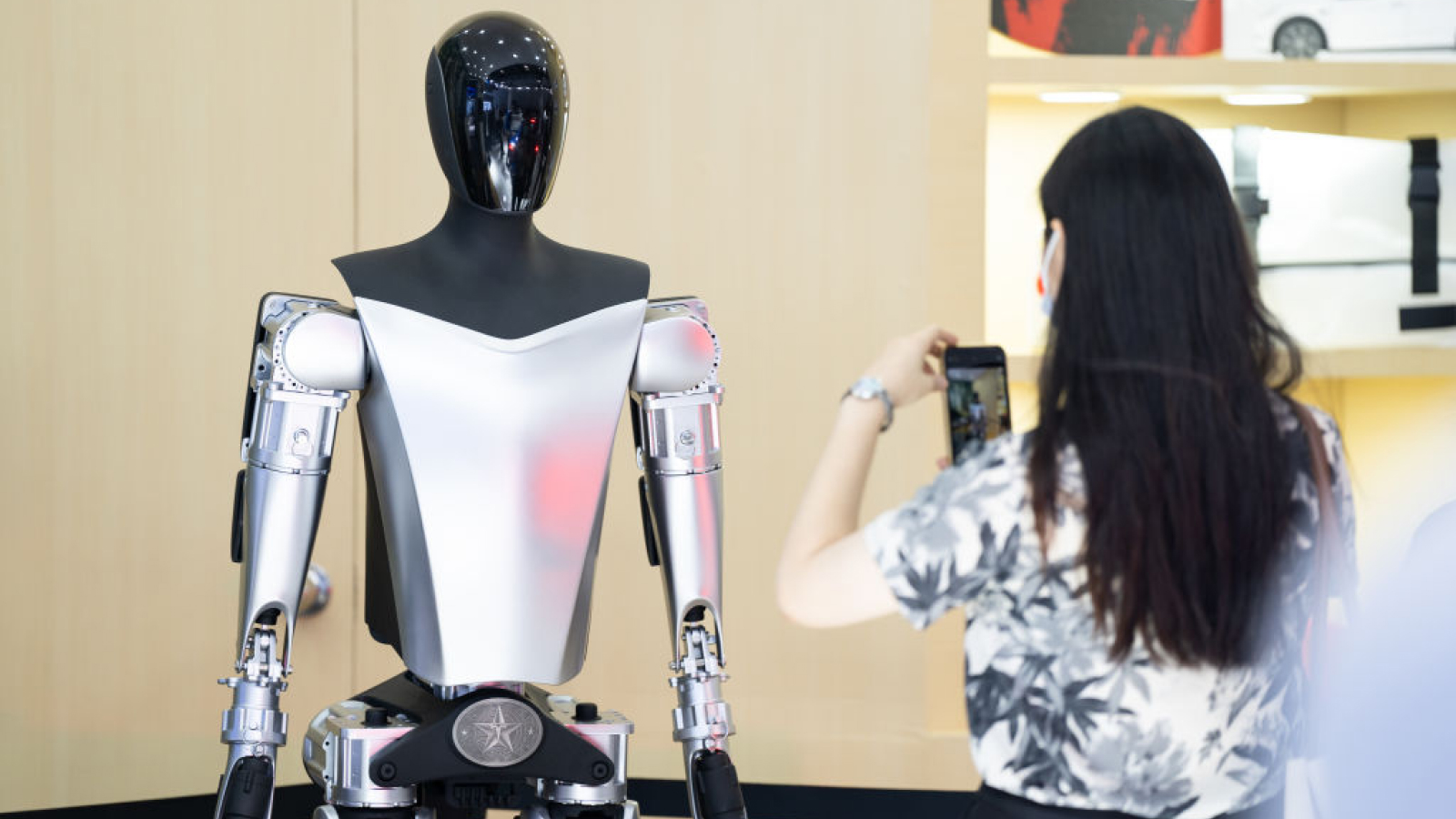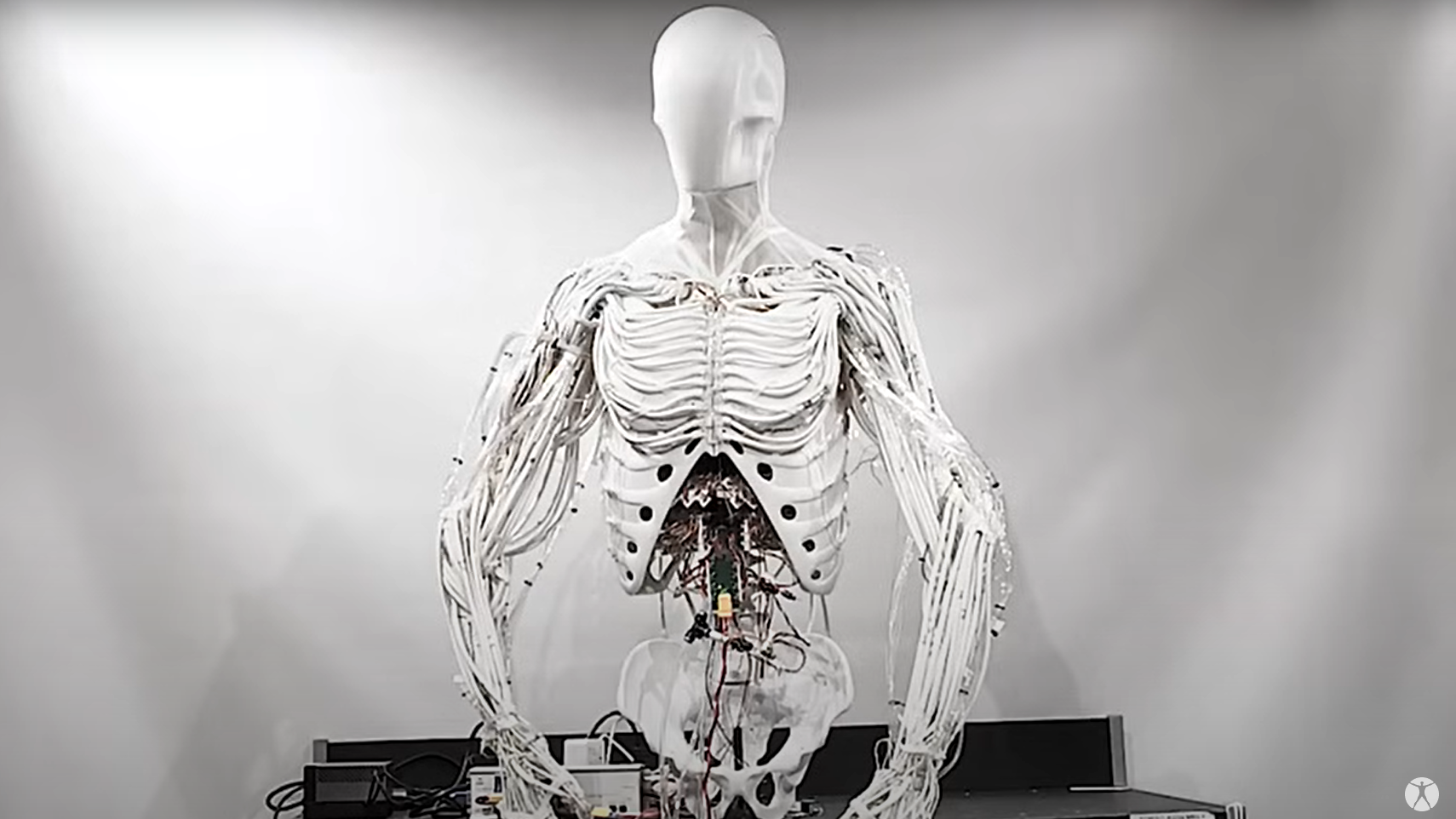5 Reasons to Fear Robots
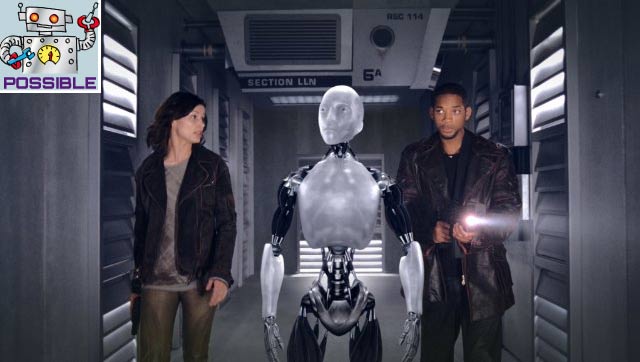
Metal Madness
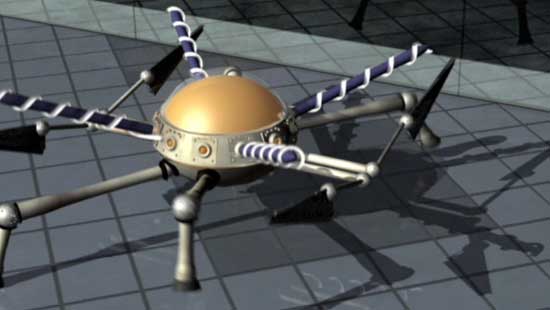
Real robot names such as Roomba and Asimo don't evoke as much fear as the fictional "Terminator." But consider that Roomba, the automated vacuum cleaner, is manufactured by iRobot, creator also of armed robot warriors for the U.S. military. And Asimo represents just the first wave of an incoming tsunami of robots that strive to look and act eerily human.
It goes beyond automated vacuums and mildly entertaining dance-bots. Japan and Korea plan to deploy humanoid robots to care for the elderly, while the United States already fields thousands of robot warriors on the modern battlefield. Meanwhile, plenty of people have enhanced their bodies technologically in ways that bring them closer to their robotic brethren.
So it's OK to become a bit of a paranoid android, because many experts say that the robotic future is rapidly approaching, if not already here. Robots probably won't completely take over or annihilate the human race anytime soon, but they may supplant us by other means — and LiveScience is here to count the reasons why you need not hide your fear of the metal ones.
Your Grandkids Will Be Robots
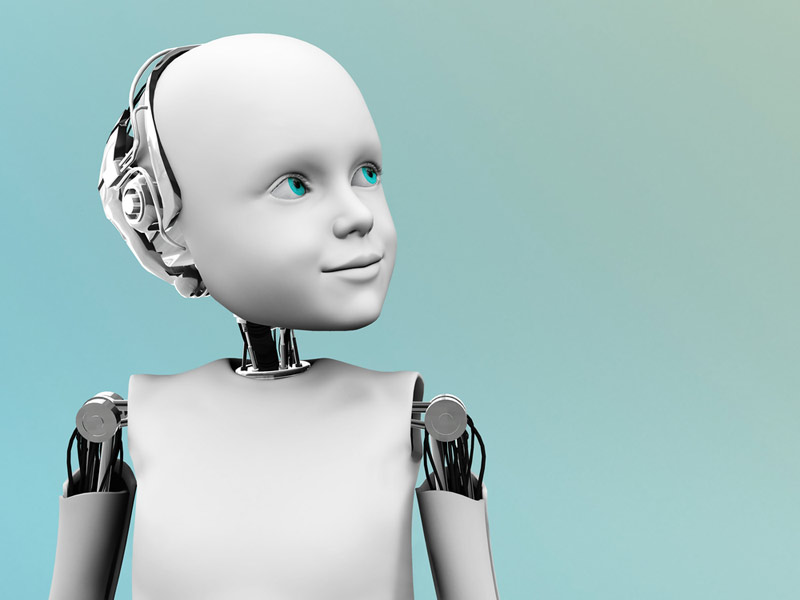
Whether humans and robots fight or make love, the most probable scenario involves marching toward a convergence point in the future. On one hand, humans continue to add more technological gizmos and tiny computers to their daily wear. You can already see many such 21st-century cyborgs playing around with their iPhones, or staring off into the distance with earbuds piping music into their heads. Artificial limbs, organs and bionic eyes? Check. Coming from the other direction, robots have steadily improved in almost every possible way: walking, talking and learning. Man and machine increasingly look alike, and at some point the difference may not exist. But on a brighter note, humans won't worry so much about robots once they've merged with them. See you on the other side.
Robots Take Our Jobs

Anything you can do, they can do better. Well, lots of things, anyway. Modern humans have not gone obsolete just yet, but robots have already found their place as space explorers that can endure harsh environments off and on Earth. They have also brought their tireless efficiency to everything from assembly line work to humdrum gene sequencing in labs, and have appeared in growing numbers on real-life battlefields — although the latter can lead to the different problem if robots stage a rebellion, or even just have a weapons malfunction. For now, robots complement rather than replace elements of the human workforce and armed forces due to limits on their intelligence. But they're evolving quickly, and a few have even begun tinkering with science themselves.
Robot Insurrection: Kill All Humans
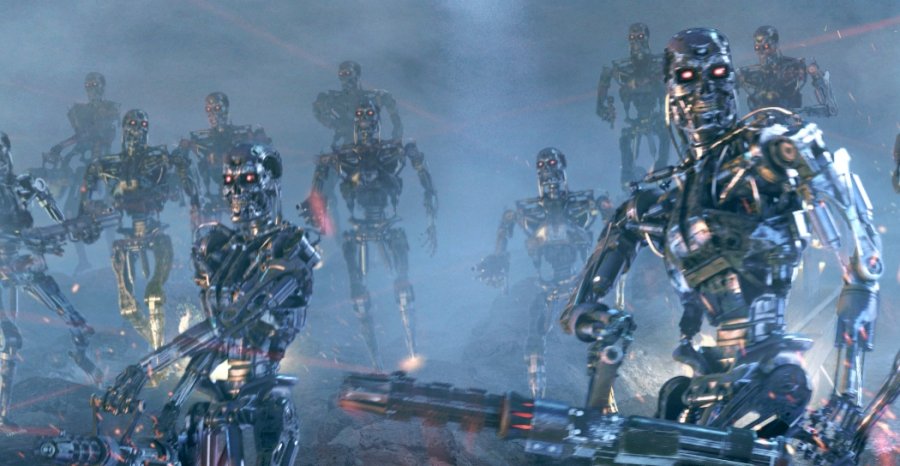
A scenario where machines rise up against their makers presents perhaps the least appealing convergence of science fiction and real life. That doesn't mean preliminary signs of an incipient insurrection don't exist, though. Thousands of drones and ground robots have been deployed by many nations, and particularly the United States in Iraq and Afghanistan. An automatic antiaircraft gun killed human soldiers on its own when it malfunctioned during a South African training exercise. Military researchers refer to "Terminator" scenarios, and seriously discuss how armed robots are changing the rules and ways of modern war. If that's not enough to make you a bit leery, consider that Great Britain has established a network of satellites for the purpose of coordinating all those drones and other military assets. It shares the same name as a certain villainous artificial intelligence that dominates the "Terminator" movies — Skynet.
Humans May Prefer Robot Lovers
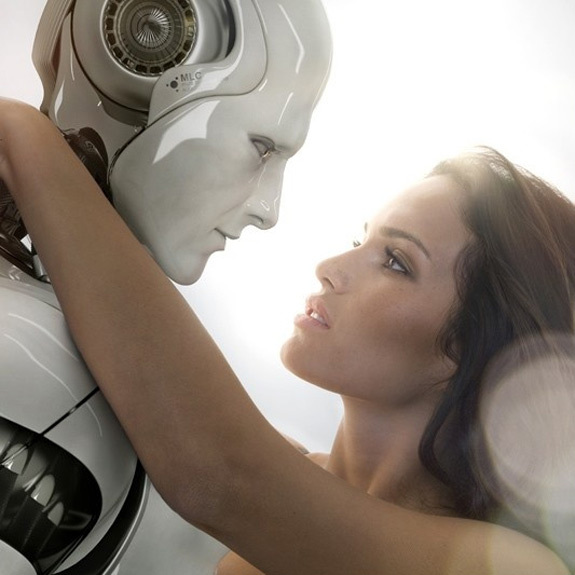
Experts aren't wondering if humans will ever make love to robots — they're already discussing what happens when that day comes. It may sound snicker-worthy, but consider that many people have had online relationships that get pretty intimate through Internet chat rooms and participate in socially intense massively multiplayer online games for years. A flesh-and-steel robot that feels, looks and sounds like a human would have even greater appeal, robotics researchers say. And if history serves as any guide, you don't need the perfect Stepford Wife to tempt spouses or significant others into a little robotic addiction and strain existing human relationships.
Robots Steal Our Hearts
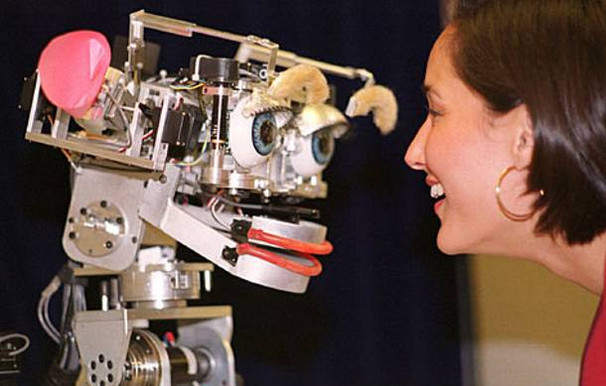
Robots don't need to take over by force, if humans have already fallen for their cute, clumsy antics. Blame the human brain for allowing toddlers and soldiers alike to feel warm fuzzy feelings for robots. People are hardwired to perceive faces and get emotional about almost everything, whether it's a stuffed animal or a car. However, robots still have to navigate one tricky obstacle of the mind — the "Uncanny Valley" phenomenon where a robot looks almost human, save for a bizarre twitch or stutter or glassy-eyed stare which can creep people out. Many researchers currently try to bypass the issue by simply designing robots to look less human, and retain that clunky robotic cuteness.
Sign up for the Live Science daily newsletter now
Get the world’s most fascinating discoveries delivered straight to your inbox.


